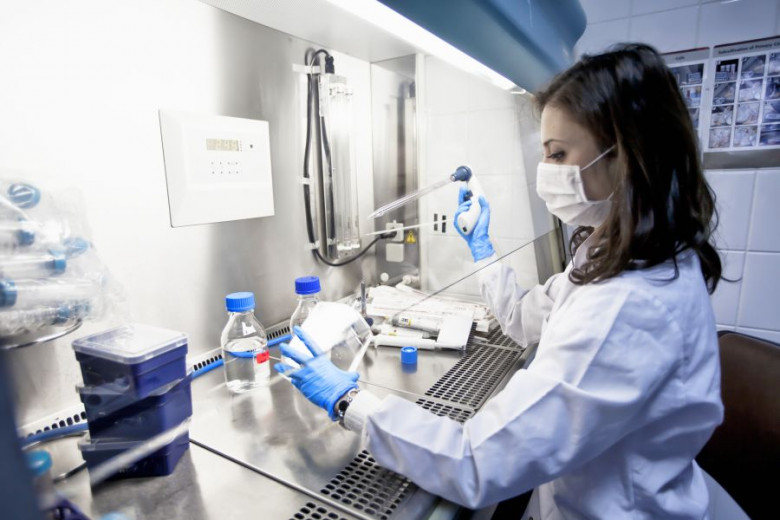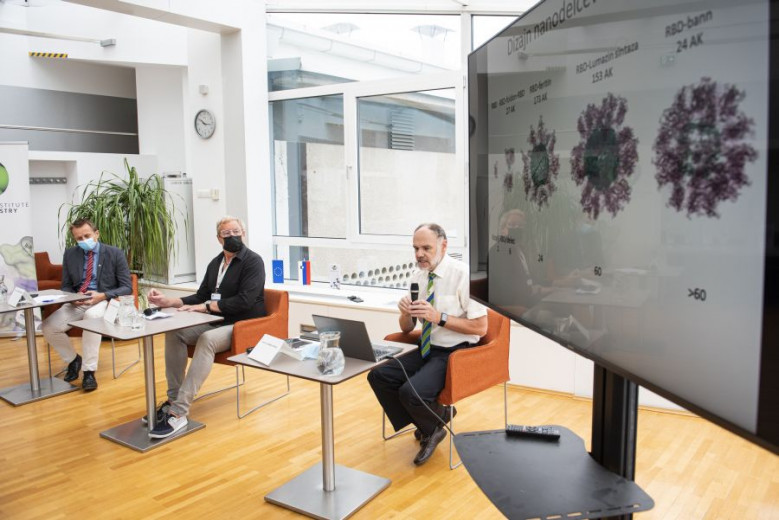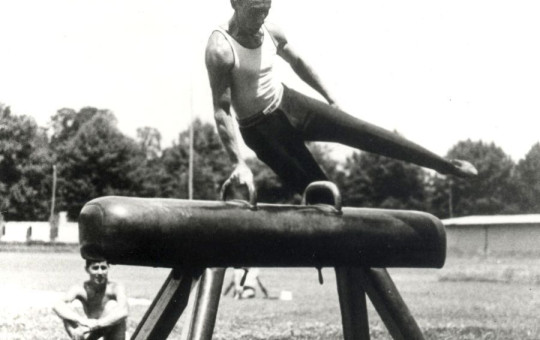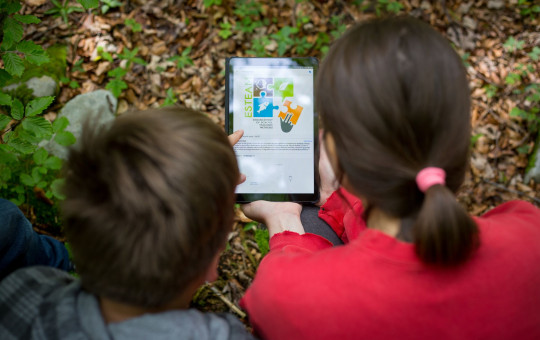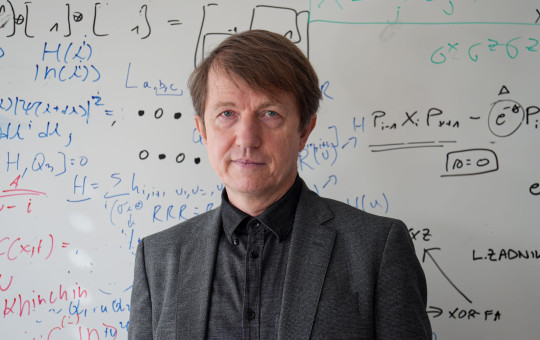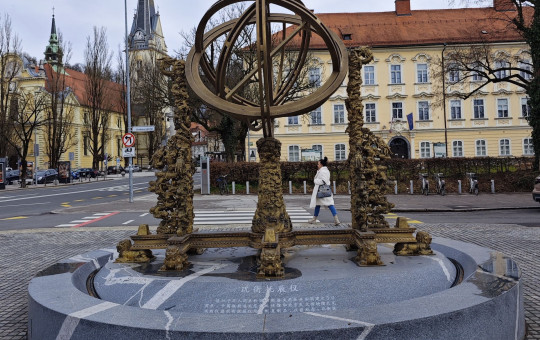The COVID-19 epidemic has again brought to the fore awareness about the importance of vaccines against communicable diseases as one of the most effective tools of modern medicine.
In the past we controlled or even eradicated once deadly communicable diseases, such as smallpox, polio and diphtheria, and thus saved millions of lives. A vaccine will therefore play a key role in the fight against the current epidemic, too, as it will likely be difficult to fully eradicate the novel coronavirus, for which we have not yet found an effective treatment.
-
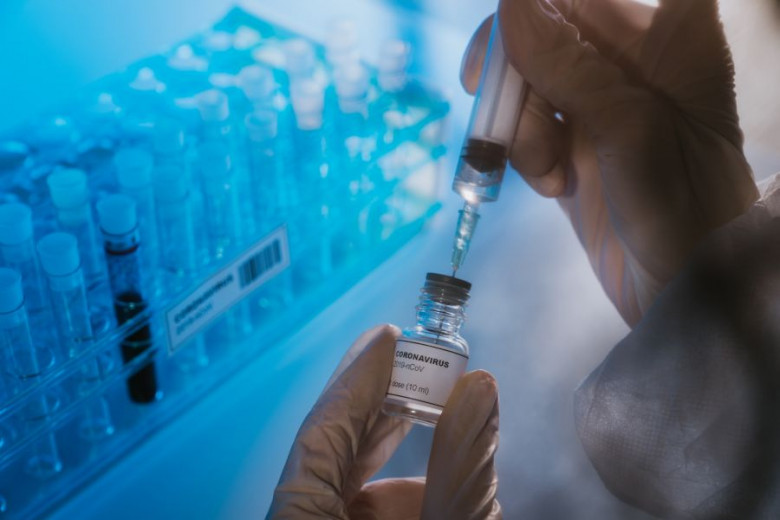
A vaccine will play a key role in the fight against the current epidemic. Photo: FilippoBacci-GettyImages/GulliverFilm&Foto
-
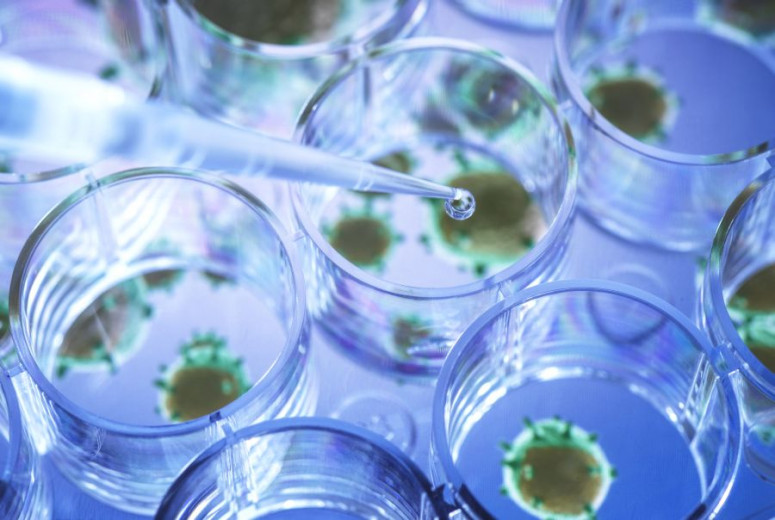
The COVID-19 epidemic has again brought to the fore awareness about the importance of vaccines against communicable diseases as one of the most effective tools of modern medicine. Photo: Andrew Brookers-GettyImages/GulliverFilm&Foto
Together with international partners, the European Union hosted a worldwide pledging marathon at which funds were raised for research in the field of vaccines.
Since January 2020, the EU has earmarked close to EUR 50 million for research regarding the novel coronavirus. To date, it has approved grants for 17 projects involving 136 research teams.
The EU has a great deal of experience in supporting the development of vaccines. Of course, European countries are responsible for managing their own healthcare systems, and that includes vaccination programmes. The EU can help coordinate research, as it makes sense for scientists to pool knowledge and funding, instead of working separately in 27 countries. Since 2014, the EU’s Horizon 2020 programme has paid out EUR 500 million for research in the form of grants for international research projects in connection with vaccines for communicable diseases, such as Zika fever, influenza and Ebola.
The development and use of an effective and safe vaccine against the novel coronavirus represent a permanent solution for the epidemic. For this reason, the European Commission has formulated a strategy for vaccinating against the novel coronavirus. The primary objectives of that strategy are to ensure the quality, safety and effectiveness of vaccines, to ensure prompt access to vaccines by Members States, and to ensure equitable and affordable access to a vaccine for all citizens of the EU as soon possible.
An essential element of that strategy are advance purchase agreements, which the Commission would conclude with pharmaceutical companies on behalf of EU Member States.
Close to ten years is typically required to develop a vaccine, but the Commission intends to develop a vaccine within 12–18 months.
Money will be drawn from the Emergency Support Instrument, with an available budget of EUR 2.7 billion. The Commission will place orders on behalf of Member States in the scope of the aforementioned instrument. The vaccine is expected to be distributed between Member States according to the number of inhabitants.
The objective is to provide a vaccine for 300 million Europeans: the target is between 300 to 600 million doses, depending on whether one or two vaccinations will be required.
Slovenia also participating in the development of a vaccine
Slovenian experts from the Chemistry Institute are participating in one pre-clinical study.
A vaccine against the novel coronavirus, which was developed by a research team at the Chemistry Institute headed by Roman Jerala, demonstrated a high immune response in testing on mice, while antibodies neutralised viral binding to an extent comparable with other vaccines and antibodies in patients who have recovered from infection.
The novelty of the method used by Jerala’s team in the development of the aforementioned vaccine lies in the modification of viral proteins in nanoparticles that resemble viruses and thus improve the response of the immune system.
Jerala warned that these are the results of pre-clinical studies, meaning they are still in the initial phase, and that the road to the actual use of the vaccine is long. Extensive clinical studies involving humans are required, while Jerala believes that it makes no sense to continue with the development of the aforementioned vaccine once a safe and effective vaccine against the novel coronavirus is available Nevertheless, he assesses that the results represent a good guide for the continuation of studies, and may serve as a sound basis for the development of some vaccine for a potential new virus in the future.
A consortium will be organised in Slovenia in the future, when experts from the Chemistry Institute will be joined by researchers from the Veterinary Faculty and the Faculty of Pharmacy at the University of Ljubljana, doctors from the Infectious Diseases Clinic of the Ljubljana University Medical Centre, the University Clinical Department of Respiratory and Allergic Diseases in Golnik, and the company Jafral.
They will layout the process for the production of a vaccine for clinical studies and prepare documentation for the approval of those studies in accordance with high standards for the use of vaccines in humans.
Scientists hope that such cooperation will facilitate the development of a Slovenian treatment and its use in patients.
Date: 16. September 2020
Time to read: 2 min

